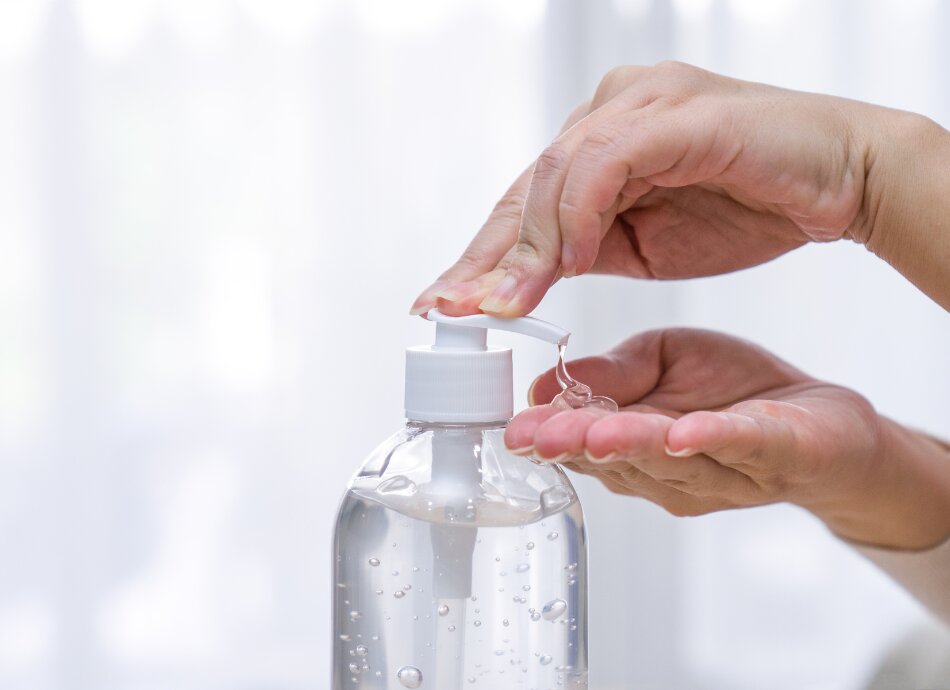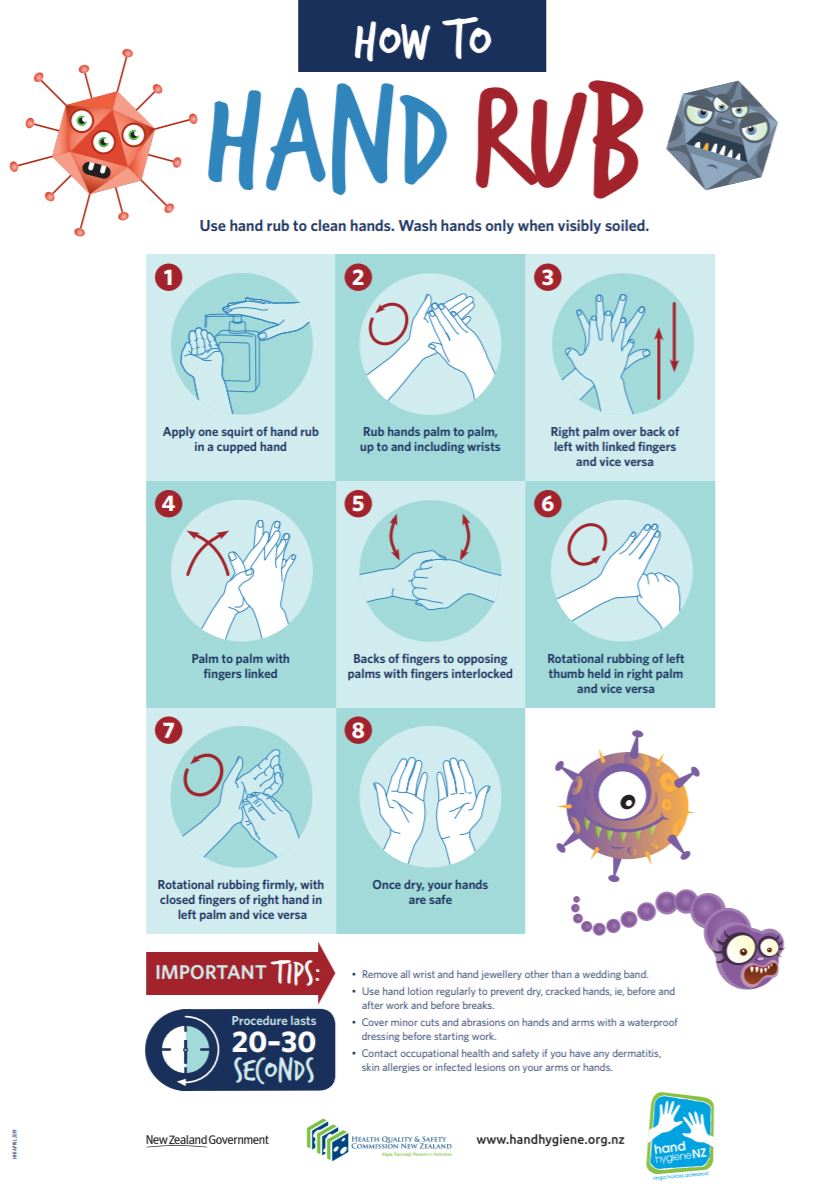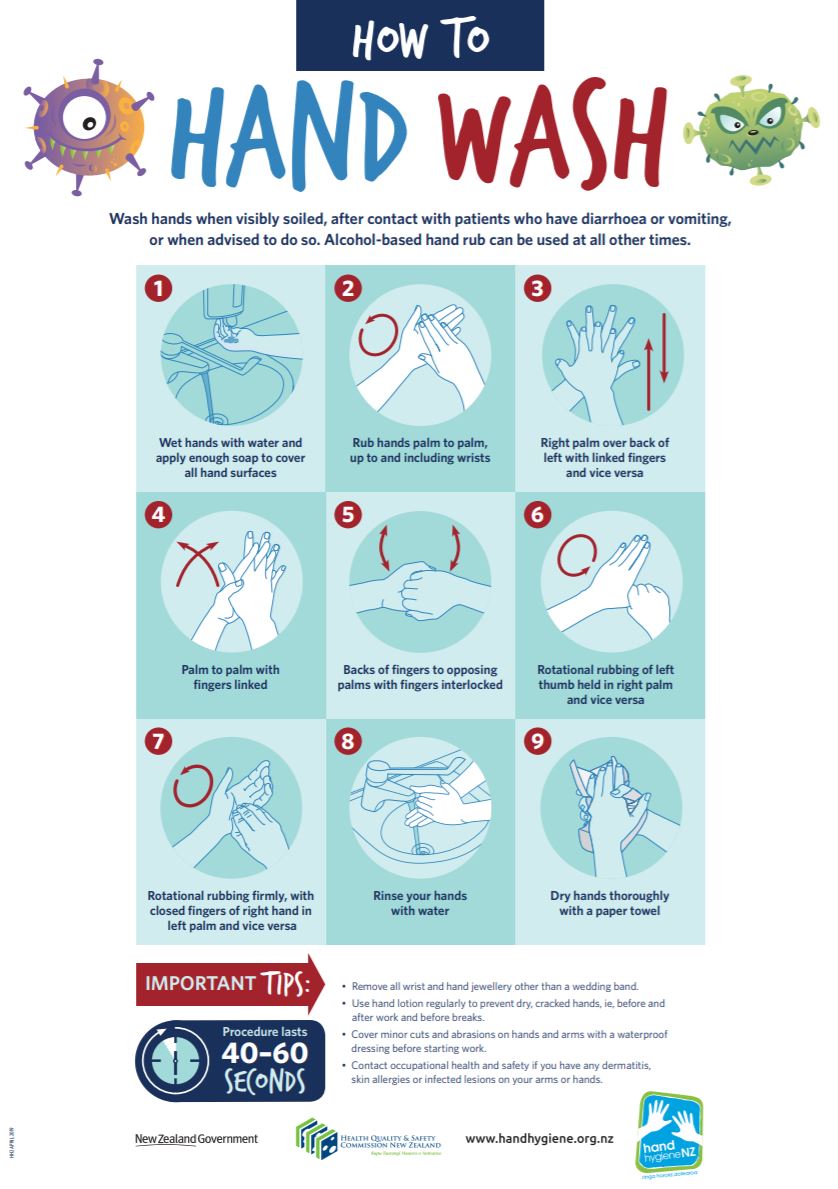Enterococci are bugs or bacteria that usually live harmlessly in your gut (intestines) without causing you to become ill. This is called colonisation and you don't require treatment for it. Sometimes, in rare cases, when your immune system is weakened, it can cause infection.
Vancomycin is an antibiotic often used to treat infections caused by enterococci. When enterococci become resistant to vancomycin (meaning the antibiotics are no longer effective), they are called vancomycin-resistant enterococci or VRE. Read more about antibiotic resistance.
Most of the time VRE do not cause any problems and those who are colonised with VRE do not look or feel different to anyone else. However, having VRE is of particular concern in hospitals where there is a greater chance of picking up these bacteria and having a weakened immune system because of illness, medication or surgery. This puts you at risk of developing severe infections, and infections caused by VRE can be more difficult to treat.
Low or no data? Visit zero.govt.nz, scroll down the page then click on our logo to return to our site and browse for free.
VRE – vancomycin-resistant enterococci
Key points about vancomycin-resistant enterococci
- Vancomycin-resistant enterococci (VRE) are a group of bacteria (called enterococci) that are resistant to the antibiotic vancomycin.
- This means that infections caused by VRE can be more difficult to treat.
- Infection is spread by physical contact with an infected person (not through coughing or sneezing) or through use of contaminated medical equipment.
- Good hand hygiene is the best way of limiting the spread of VRE in hospitals.

VRE is spread through person-to-person contact with an infected or colonised person. If people have VRE on their hands, they can pass it on to other people or objects they touch. It's not spread through coughing or sneezing. In hospitals, VRE can be passed to patients from the unclean hands of healthcare workers or visitors, or it can be spread when patients contact contaminated medical equipment.
You are at increased risk of picking up VRE if you:
- have a prolonged hospital stay
- are being admitted to an intensive care unit
- have a weakened immune system
- have been on many antibiotics before.
People carrying VRE in their bowel or other areas of their body show no signs or symptoms and it's impossible to tell if a person has VRE by looking at them.
During your stay in hospital, if you have an infection, your doctor will take a swab or specimen of your blood, wound, urine or spit and send it to the laboratory for testing.
If you to have VRE during your stay in hospital, even if you do not have an infection, precautions will be taken to reduce spreading it to other patients.
- You may be moved to a single room and placed in contact isolation. If you are in contact isolation, it is important that you do not visit patients in other parts of the ward or in other wards. You may also be asked not to go into communal areas.
- You may have your own toilet.
- Hospital staff may wear gloves and gowns or aprons when caring for you.
- Your room may have a sign on the door so staff and visitors know that additional precautions are required.
- Your room and the equipment used in the room will be cleaned and disinfected regularly.
- Everybody leaving your room must wash their hands or use the alcohol handgel provided.
Having VRE will not affect your discharge. You can go home as soon as your doctor says you are ready.
Hand hygiene
Good hand hygiene is the most important measure to prevent the spread of VRE in hospitals. Wash your hands with soap and water or rub your hands with an alcohol handgel regularly, particularly after going to the toilet or if you leave your room. Read more about hygiene and hand washing.
What about family and visitors?
Family and friends including children and pregnant women can visit you and have close contact with you, such as hugging, kissing and holding hands. It is important that they wash their hands with soap and water or rub their hands with an alcohol hand gel before leaving your room. It's best if your visitors do not eat or drink in your room and do not use your hospital bathroom.
What about antibiotic treatment?
If you have an infection caused by VRE, the choice of antibiotic is limited, as only some antibiotics will work. Many VRE infections can only be treated with antibiotics that need to be given directly into a vein.
What about future hospital admissions?
At future hospital admissions you may be checked again for VRE.
When you leave hospital, you can carry on your usual activities. VRE is not a risk to the health of your family and friends when you are at home or at work. The best way to prevent spread of VRE to others is by good hand hygiene.
The following links provide further information about VRE. Be aware that websites from other countries may have information that differs from New Zealand recommendations.
VRE(external link) Department of Health, Western Australia
Brochures
How to hand rub, HQSC, Ministry of Health, NZ and Hand Hygiene NZ. Available in the following languages: English(external link), Hindi(external link), te reo Māori(external link), Samoan(external link), Tongan(external link), Arabic(external link), Chinese (Simplified)(external link), Chinese (Traditional)(external link)
How to hand wash, HQSC, Ministry of Health, NZ and Hand Hygiene NZ Available in the following languages: English(external link), te reo Māori(external link), Samoan(external link), Tongan(external link), Arabic(external link), Hindi(external link), Chinese (Simplified)(external link)
Hand washing & hygiene factsheet(external link) Auckland Regional Public Health Service, NZ, 2013. Available in the following languages: English(external link), Samoan(external link)
References
- Upfront – is the cupboard bare? The threat of antimicrobial resistance(external link) BPAC, NZ, 2013
- VRE in healthcare settings(external link) Centers for Disease Control and Prevention (CDC), US
Brochures

HQSC, Ministry of Health, NZ and Hand Hygiene NZ
English, Hindi, te reo Māori, Samoan, Tongan, Arabic, Chinese (Simplified), Chinese (Traditional)

HQSC, Ministry of Health, NZ and Hand Hygiene NZ
English, te reo Māori, Samoan, Tongan, Arabic, Hindi, Chinese (Simplified)

Auckland Regional Public Health Service, NZ, 2013
English, Samoan
Credits: Sandra Ponen, Pharmacist, Healthify editorial team. Healthify is brought to you by Health Navigator Charitable Trust.
Reviewed by: Angela Lambie, Pharmacist, Auckland
Last reviewed:
Page last updated:





